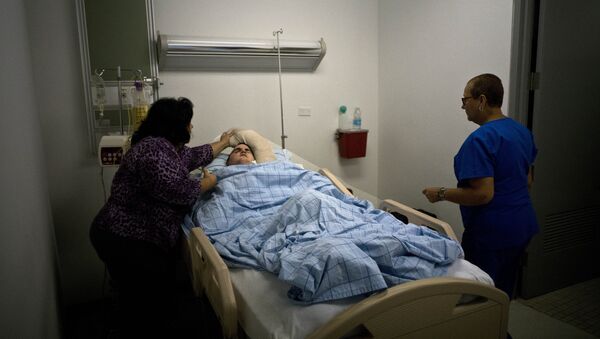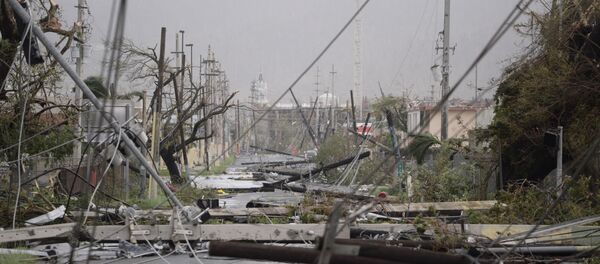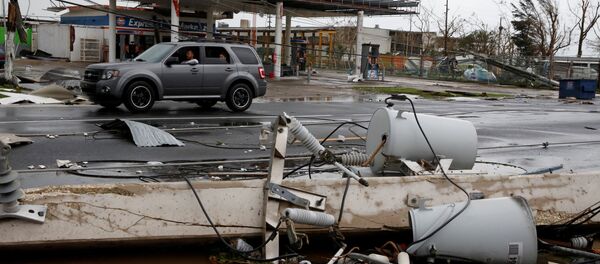With hospitals running on generators that are low on diesel fuel, the approximately 5,000 people in Puerto Rico that suffer from kidney disease are in critical need of dialysis, a machine process that removes toxins from the blood when the kidneys have lost their ability to perform such functions themselves. Without dialysis multiple times a week for several hours at a time, patients with kidney disease could die.
Many dialysis patients in Puerto Rico have no means of getting to hospitals or dialysis centers because they're short on fuel for their cars. In addition, trucks carrying fuel are having difficulty getting to hospitals.
"If these dialysis patients go another few days, a week, without treatment, the sad news is they likely will die," Vice President of Patient Services with the American Kidney Fund Mike Spigler said, ABC7 reported.
"The sense of panic in their voices, of trying to get these patients off the island — it's heart-wrenching," he added.
So far, three people in Puerto Rico have died from lack of access to dialysis and that number may increase if dialysis centers and hospitals run out of fuel.
According to the Federal Emergency Management Agency (FEMA), more than half of the dialysis centers in Puerto Rico are now functioning and the agency is helping evacuate people to the continental US so that they can receive necessary dialysis treatment.
Kidney disease is not the only illness posing a far greater threat than normal to Puerto Ricans as a consequence of conditions on the ground.
In a blog post, Dr. Peter Hotez, a disease expert at Baylor University, explained that because 60 percent of the Puerto Rican population currently does not have access to clean water, the island could potentially face a cholera outbreak, a bacterial disease spread in water that causes severe diarrhea and dehydration, and sometimes death in only a couple of hours.
"These factors — the presence of the V. cholerae bacterium, poverty, collapsed infrastructure and lack of potable water access — create a toxic mix that could promote cholera outbreaks in Puerto Rico during the coming days and weeks," Hotez wrote.




